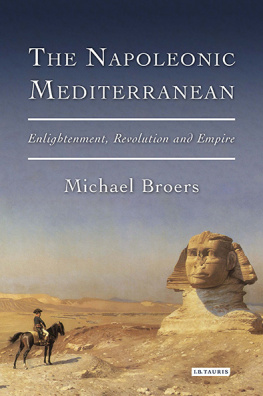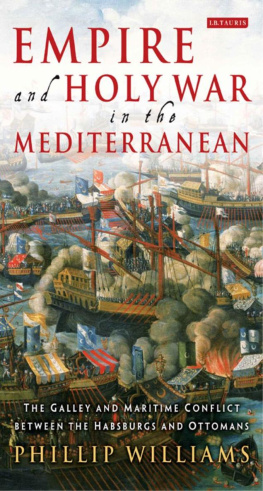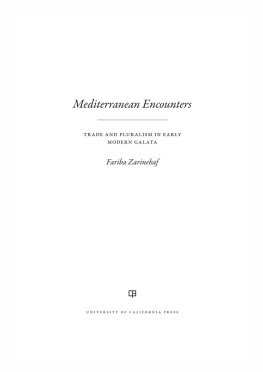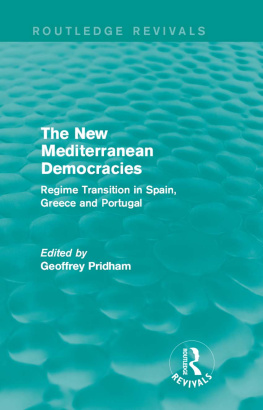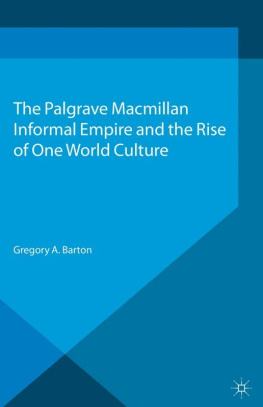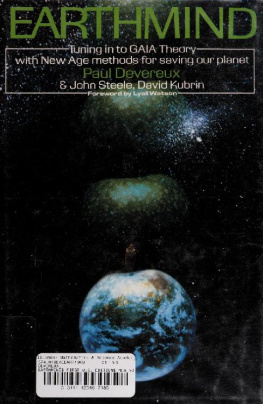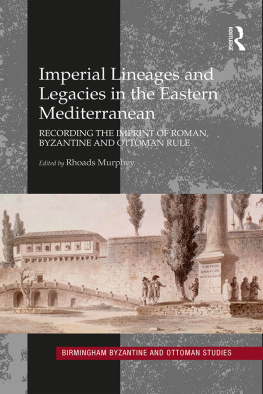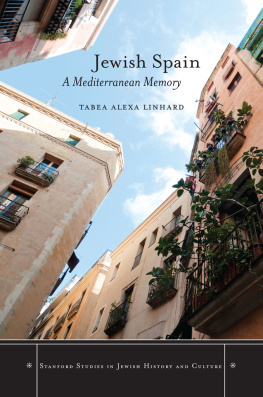Andrew W. Devereux - The Other Side of Empire: Just War in the Mediterranean and the Rise of Early Modern Spain
Here you can read online Andrew W. Devereux - The Other Side of Empire: Just War in the Mediterranean and the Rise of Early Modern Spain full text of the book (entire story) in english for free. Download pdf and epub, get meaning, cover and reviews about this ebook. publisher: Cornell University Press, genre: Religion. Description of the work, (preface) as well as reviews are available. Best literature library LitArk.com created for fans of good reading and offers a wide selection of genres:
Romance novel
Science fiction
Adventure
Detective
Science
History
Home and family
Prose
Art
Politics
Computer
Non-fiction
Religion
Business
Children
Humor
Choose a favorite category and find really read worthwhile books. Enjoy immersion in the world of imagination, feel the emotions of the characters or learn something new for yourself, make an fascinating discovery.

- Book:The Other Side of Empire: Just War in the Mediterranean and the Rise of Early Modern Spain
- Author:
- Publisher:Cornell University Press
- Genre:
- Rating:4 / 5
- Favourites:Add to favourites
- Your mark:
- 80
- 1
- 2
- 3
- 4
- 5
The Other Side of Empire: Just War in the Mediterranean and the Rise of Early Modern Spain: summary, description and annotation
We offer to read an annotation, description, summary or preface (depends on what the author of the book "The Other Side of Empire: Just War in the Mediterranean and the Rise of Early Modern Spain" wrote himself). If you haven't found the necessary information about the book — write in the comments, we will try to find it.
Andrew W. Devereux: author's other books
Who wrote The Other Side of Empire: Just War in the Mediterranean and the Rise of Early Modern Spain? Find out the surname, the name of the author of the book and a list of all author's works by series.
The Other Side of Empire: Just War in the Mediterranean and the Rise of Early Modern Spain — read online for free the complete book (whole text) full work
Below is the text of the book, divided by pages. System saving the place of the last page read, allows you to conveniently read the book "The Other Side of Empire: Just War in the Mediterranean and the Rise of Early Modern Spain" online for free, without having to search again every time where you left off. Put a bookmark, and you can go to the page where you finished reading at any time.
Font size:
Interval:
Bookmark:
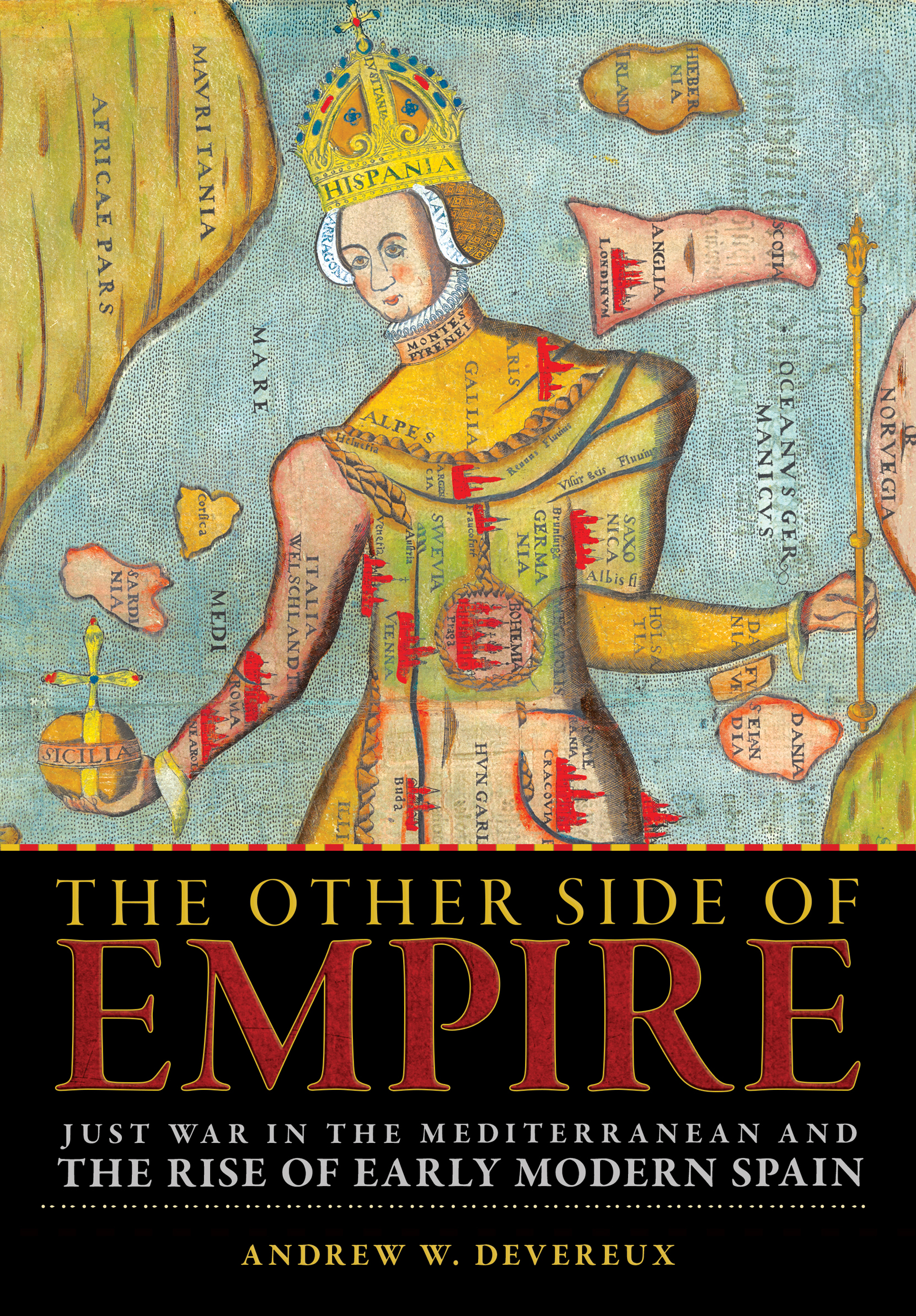
THE OTHER SIDE OF EMPIRE
JUST WAR IN THE MEDITERRANEAN AND THE RISE OF EARLY MODERN SPAIN
A NDREW W. D EVEREUX
CORNELL UNIVERSITY PRESS
Ithaca and London
Copyright 2020 by Cornell University
All rights reserved. Except for brief quotations in a review, this book, or parts thereof, must not be reproduced in any form without permission in writing from the publisher. For information, address Cornell University Press, Sage House, 512 East State Street, Ithaca, New York 14850. Visit our website at cornellpress.cornell.edu.
First published 2020 by Cornell University Press
Library of Congress Cataloging-in-Publication Data
Names: Devereux, Andrew, author.
Title: The other side of empire : just war in the Mediterranean and the rise of early modern Spain / Andrew W. Devereux.
Description: Ithaca : Cornell University Press, 2020. | Includes bibliographical references and index.
Identifiers: LCCN 2019044589 (print) | LCCN 2019044590 (ebook) | ISBN 9781501740121 (hardcover) | ISBN 9781501740145 (pdf) | ISBN 9781501740138 (epub)
Subjects: LCSH: WarMoral and ethical aspectsSpainHistory. | WarReligious aspectsCatholic ChurchHistory. | Just war doctrineHistory. | SpainHistoryFerdinand and Isabella, 14791516. | SpainHistory, Military. | Mediterranean RegionHistory, Military.
Classification: LCC DP162 .D48 2020 (print) | LCC DP162 (ebook) | DDC 946/.03dc23
LC record available at https://lccn.loc.gov/2019044589
LC ebook record available at https://lccn.loc.gov/2019044590
All maps were created by Mike Bechthold, mbechthold@wlu.ca.
Cover image: Europa Regina, from Heinrich Bnting, Itinerarium Sacrae Scripturae (Wittenberg: Zacharias Krafft, 1587). Courtesy of the George Peabody Library, the Sheridan Libraries, the Johns Hopkins University.
To Christina, with ligorous love
This book has been a collaborative venture from start to finish, and I am grateful to all the friends, colleagues, mentors, and family members who have inspired and supported me along the way. I wish to thank my PhD supervisors David Nirenberg and Richard Kagan (both then at Johns Hopkins University) for their insights, close readings of the chapters, and for asking questions that pushed me to consider the deeper significance of what my research turned up. In the years since graduate school, both have generously continued to share wisdom and advice.
During a year at UCLAs Clark Memorial Library, I conducted much new research and began the process of reconceptualizing my work from the ground up. My colleagues at the Clark, Emily Weissbourd and William S. Goldman, were incredibly fun and energetic interlocutors. Barbara Fuchs, then Director of the Clark, always offered keen insights, frequently discerning a point or idea that was buried somewhere in my writing and noting the ways in which that was in fact the crucial element of what I was discussing. Since that year, Barbara has continued to read my work, support my career, and ask amazing questions. Along the way, Barbara and her family have shared with my family and me many of L.A.s hidden gems.
During the time I have worked on this book I have benefitted from several close-knit communities of scholars. My colleagues in the Spain-North Africa Project have challenged my assumptions, exposed me to new scholarship, and been good friends. In particular, the members with whom I have worked closely on the executive board, Yuen-Gen Toby Liang, Abigail Krasner Balbale, Camilo Gmez-Rivas, Linda Gale Jones, Hussein Fancy, and Patricia Grieve, have all broadened my scholarly perspective and made me laugh along the way.
The Mediterranean Seminar, organized and directed by Brian Catlos and Sharon Kinoshita, is an extraordinarily intelligent, collegial, and fun network of people. In addition to Brian and Sharon, I am grateful to all the regular workshop attendees from whom I have learned so much: Fred Astren, Sergio LaPorta, Nria Silleras-Fernndez, Nina Zhiri, Samuel Cohen, John Dagenais, David Wacks, Fariba Zarinebaf, Christine Chism, Amy Remensnyder, Daniel Gullo, Ignacio Navarrete, Karla Mallette, Kenneth B. Wolf, Jeffrey Baron, Aaron Stamper, and Dillon Webster.
During 20152016, the Kluge Center at the Library of Congress provided me an academic home, with access to the librarys extraordinary collections as well as a delightful intellectual community. Travis Hensley, Dan Turello, Mary Lou Reker, Anna Brown Ribeiro, Rachel Shelden, Daniel Rood, Julia Young, Nathaniel Comfort, Juan Cole, Chet van Duzer, and many others all helped to create a dynamic and collegial atmosphere in which people from every field and discipline shared insights.
The History Department at Loyola Marymount University is a wonderfully vibrant and collegial place. I cannot adequately express how much I learned from my colleagues there, in settings informal as well as formal. In particular, I presented an early draft of chapter 1 at a departmental faculty research talk and received extremely constructive feedback from all the attendees. I would like to thank, especially, Najwa al-Qattan, Anthony Perron, Margarita Ochoa, and Kevin McDonald for all the conversations we shared. This book has benefitted greatly from your questions and your selfless sharing of knowledge and expertise. In Theological Studies, Gil Klein and Anna Harrison were warm and generous colleagues, and Traci Voyles in Womens and Gender Studies always shared perceptive insights.
The History Department at the University of California, San Diego, has been a stimulating and welcoming place. Although I was nearing completion on this book when I arrived, the end product is better for the thoughts and guidance that colleagues have shared.
In less institutionally structured settings, I have thoroughly enjoyed and benefitted from relationships with countless other scholars. A very short list includes: Tefilo Ruiz, Mohamad Ballan, Erin Rowe, Kimberly Lynn, Molly Warsh, Elena Schneider, Mayte Green-Mercado, Adam Beaver, Claire Gilbert, Fabien Montcher, Seth Kimmel, Carlos Caete, Jonathan Ray, Tom Barton, Antonio Zaldvar, Javier Castro-Ibaseta, Miguel Martnez, Zrinka Stahuljak, Geoffrey Simcox, Marie Kelleher, Paul Sidelko, Daniel Hershenzon, Payton Camille Phillips-Quintanilla, Peter Kitlas, Travis Bruce, Kathryn Renton, Sara Torres, Carolyn Salomons, Daniel Wasserman-Soler, and Guillermo Garca Montufar.
Research for various stages of this project was supported by a William J. Fulbright award, an Ahmanson-Getty Postdoctoral Fellowship at UCLAs Clark Memorial Library, a short-term fellowship at the Folger Shakespeare Library, and a John W. Kluge fellowship at the Library of Congress. The way I approach the themes covered in this study has been refined and focused through the lively conversations and camaraderie of two NEH summer institutes/seminars, the first in Barcelona (directed by Brian Catlos and Sharon Kinoshita in 2010) and the second at Georgetown University (directed by Betl Basaran in 2016).
In Spanish archives I benefitted from the generosity of many. Special thanks go to Isabel Aguirre Landa at the Archivo General de Simancas, and to Julin Martn Abad, in the Sala Cervantes at the Biblioteca Nacional in Madrid. At the Universidad Autnoma de Madrid, James Amelang welcomed me to his seminar on early modern history and introduced me to a wonderful cohort of Spanish graduate students.
I would like to thank the attendees at the Mediterranean Seminars Winter Workshop, held at Pomona College in February 2017, where I presented an early version of chapter 5: The Eastern Chimera. In particular, I am grateful to Sharon Kinoshita for her valuable editorial suggestions, and to Camilo Gmez-Rivas for the insights he offered in his prepared response to my paper.
Font size:
Interval:
Bookmark:
Similar books «The Other Side of Empire: Just War in the Mediterranean and the Rise of Early Modern Spain»
Look at similar books to The Other Side of Empire: Just War in the Mediterranean and the Rise of Early Modern Spain. We have selected literature similar in name and meaning in the hope of providing readers with more options to find new, interesting, not yet read works.
Discussion, reviews of the book The Other Side of Empire: Just War in the Mediterranean and the Rise of Early Modern Spain and just readers' own opinions. Leave your comments, write what you think about the work, its meaning or the main characters. Specify what exactly you liked and what you didn't like, and why you think so.

